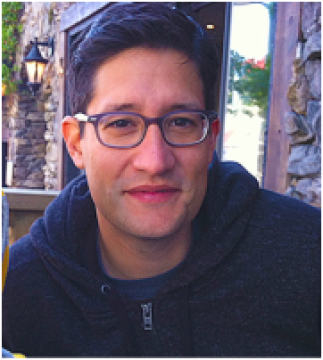Cette conférence sera prononcée par le Professeur Juan Del Valle du département de chimie de la University of South Florida.
Hôte : William Lubell
Résumé :
Interactions between peptide secondary structures mediate a broad array of biological processes and provide design cues for the discovery of new chemical probes, therapeutics, and biomaterials. Despite the critical role of a-helices, b-sheets, and polyproline helices in human physiology, the development of molecules capable of modulating their interactions remains a significant challenge. Our laboratory has a long-standing interest in the design of protein domain mimics that address the bioavailability, stability, and functional limitations of native peptide sequences. At the center of our research program is the development of efficient synthetic methods that will enable the construction of “made-to-order” proteomimetics using readily accessible building blocks. Toward this end, we have described novel classes of peptide orthotics that nucleate b-sheet folds through backbone N-amino and N-hydroxy substitution. In addition to covalent tethering sites, these substituents provide key steric, electrostatic, and hydrogen bonding interactions that serve to stabilize and mimic protein secondary structure. Cyclic derivatives of N-amino peptides are also used to constrain a-helix, b-turn and polyproline II motifs through non-covalent interactions. Our secondary structure mimics have recently been employed in the design of oncogenic protein-protein interaction inhibitors, modulators of neurodegenerative amyloid aggregation, and unnatural mimics of collagen triple helices. These efforts bring us one step closer to a ‘universal’ approach toward protein mimicry with broad-ranging applications in chemical biology and molecular recognition.

